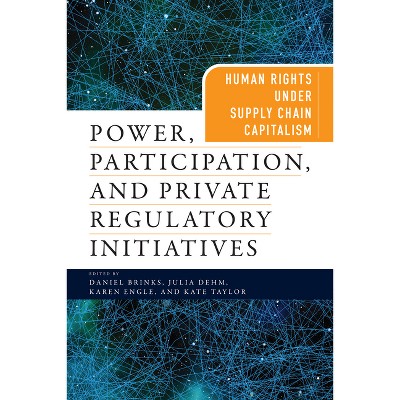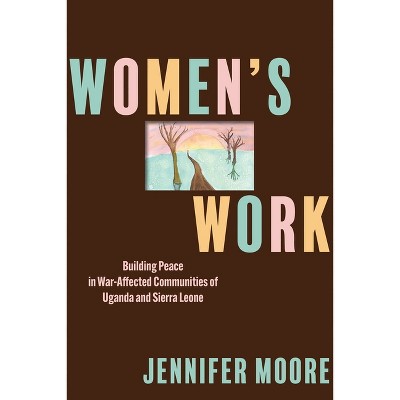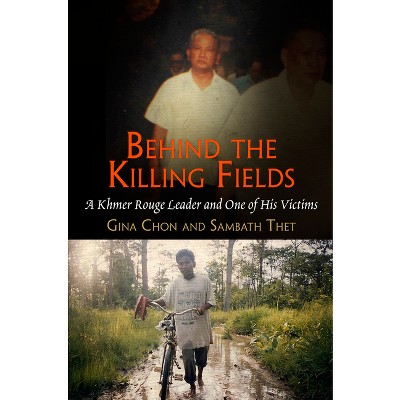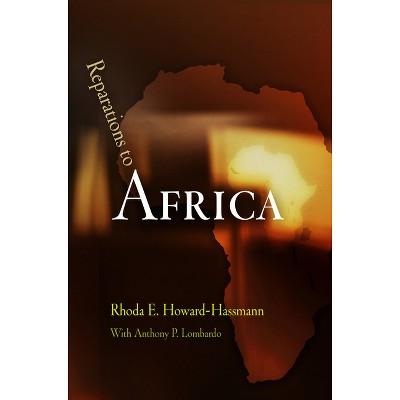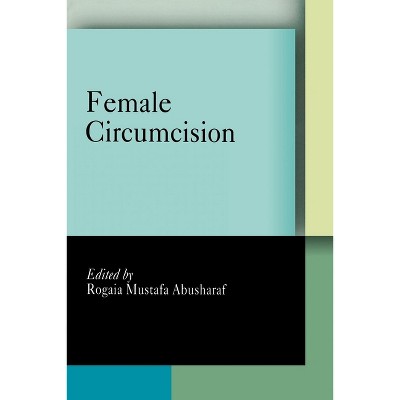Fragile Families - (Pennsylvania Studies in Human Rights) by Naomi Glenn-Levin Rodriguez (Hardcover)

About this item
Highlights
- In the past decade, debates over immigrant rights and family rights, and accompanying concerns over birthright citizenship, have taken center stage in popular media and mainstream political debates.
- About the Author: Naomi Glenn-Levin Rodriguez teaches anthropology at Hobart and William Smith Colleges.
- 232 Pages
- Social Science, Human Services
- Series Name: Pennsylvania Studies in Human Rights
Description
About the Book
Fragile Families examines the precarious position of Latina/o families who are simultaneously caught up in systems of child welfare and immigration enforcement, focusing on the central role of child welfare decision-making in producing and maintaining boundaries of citizenship, race, and national belonging in the United States.Book Synopsis
In the past decade, debates over immigrant rights and family rights, and accompanying concerns over birthright citizenship, have taken center stage in popular media and mainstream political debates. These debates, however, frequently overlook the role of the public child welfare system in the United States--the agency charged with protecting children and maintaining the integrity of families. Based on research conducted in the San Diego-Tijuana region between 2008 and 2012, Fragile Families tells the stories of children, parents, social workers, and legal actors enmeshed in the child welfare system, and sheds light on the particular challenges faced by the children of detained and deported non-U.S. citizen parents who are simultaneously caught up in the immigration system in this border region.
Many families come into contact with child welfare services because of the precariousness of their lives--unsafe housing, unstable employment, and the conditions of violence, drug use, and domestic violence made visible by the heightened police presence in impoverished communities. Naomi Glenn-Levin Rodriguez examines the character of child welfare decision-making processes and how discretionary decisions constitute the central avenue through which race, citizenship, and other cultural processes inflect child welfare practice in a manner that disproportionately impacts Latina/o families--both undocumented and U.S. citizens. Drawing on ethnographic fieldwork to look at how immigration enforcement and child welfare play central roles in the ongoing production of citizenship, race, and national belonging, Fragile Families focuses on the everyday experiences of Latina/o families whose lives are shaped at the nexus of child welfare services and immigration enforcement.
Review Quotes
"Fragile Families is compelling and incredibly timely. The book makes for compelling reading and is chock full of theoretical and empirical insights."-- "Tanya Maria Golash-Boza, University of California, Merced"
"Fragile Families makes original contributions to our understanding of U.S. immigration and family law, as well as the inner workings of the institutions that intervene in the lives of undocumented children and mixed status families. Naomi Glenn-Levin Rodriguez offers a detailed look into the practices and perspectives of social workers, judges, and foster and biological parents and the lives of the children who are affected by their decisions."-- "Susan Terrio, Georgetown University"
"[A] timely book that unearths the complex intersection of the immigration and child welfare systems in our country . . . This book draws attention to the challenges of traversing multiple bureaucratic systems and cross-border politics that possess immense power over the livers of people, yet are plauged with flaws that require our immediate attention."-- "Journal of American Ethnic History"
About the Author
Naomi Glenn-Levin Rodriguez teaches anthropology at Hobart and William Smith Colleges.





